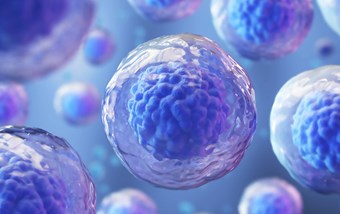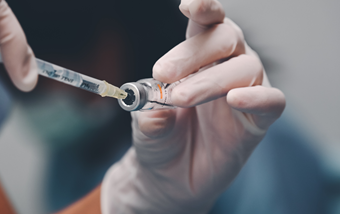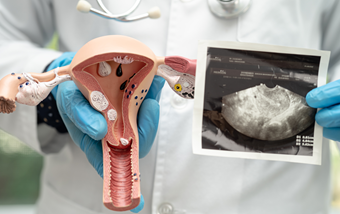Whilst there are many causes, male fertility issues are typically due to problems with sperm quality; namely low sperm count, low numbers of normal sperm and poor sperm motility. There are number of lifestyle factors than can affect sperm quality and quantity, which many men may not be aware of. These can include a poor diet, being overweight, smoking, excessive alcohol intake, and the use of recreational or body building drugs.
Whilst these factors may only contribute towards male infertility, by taking steps to improve diet and lifestyle, men could improve their own fertility and their chances of conception.
What is the sperm cycle?
Since male factor infertility is typically due to a problem with the sperm, it is important to understand the sperm cycle.
Whilst women are born with a limited egg reserve, men create new sperm every day. It is however, important to note that the complete cycle of sperm production – which includes production and maturation – takes an average of 64 days. So, for men who are thinking of making lifestyle changes to help improve their chances of conceiving, it’s particularly important to know that they will need up to three months’ for the lifestyle changes to have any impact on sperm quality.
Although not faced with a finite supply of sperm - unlike women and their eggs - this does not mean that men don’t have a “biological clock”. Research shows that from the age of 40, and especially from the age of 45, the quality of a man’s sperm declines. So, although age is less important for men than women when it comes to fertility, it must still be considered when planning a family, alongside a range of other lifestyle factors.
The importance of maintaining a healthy diet
Just like general health, fertility health can be affected by your lifestyle choices, so making sure you have a healthy, balanced diet is key.
For many men, simply eating a healthy range of foods will provide the right nutrients to make sure sperm production is optimal. Many experts recommend the Mediterranean diet, which is rich in antioxidants and omega-3’s, and low in saturated fats and processed foods.
Can certain foods affect male fertility?
As a rule, men should make sure that their diet contains a balanced range of food groups. However, there is evidence that some foods can help to increase sperm quality, including:
- Fatty fish such as salmon, trout, and herring – These are rich in omega-3 fatty acids and are associated with success in conceiving. Fish with high levels of mercury such as swordfish, tuna and marlin, however, should be avoided.
- Nuts such as walnuts, almonds and hazelnuts – These are rich in nutrients found to benefit fertility, including plant proteins, omega-3s and antioxidants.
- Fruit and vegetables – Men should aim to get five daily servings of fruit and vegetables that vary in colour, to maximise antioxidant intake.
Similarly, there are a few other foods that men may wish to limit when looking to improve their fertility health, including:
- Processed meats such as bacon, sausages, and ham – Research has shown that these meats can interfere with male fertility, so men may want to reduce any intake of these when trying for a baby.
- Trans-fatty acids – Found in margarine, vegetable oils, cakes, doughnuts, and fast food. These have regularly been linked to reduced sperm counts, so where possible men should try to avoid junk food.
- Caffeine and alcohol – In excessive amounts both are associated with lower sperm quality and infertility. Men should try to limit their coffee consumption to one or two cups per day, and limit alcohol intake to a maximum of one serving (1-2 units) per day.
Attend our FREE Online IVF Event with Live Nurse Q&A and get your questions answered by a Fertility Nurse Consultant.
ADDED BONUS - everyone who attends our webinar will receive £50 off an Initial Consultation and Scan at abc ivf.

Other lifestyle factors
Alongside following a healthy diet, ensuring a generally healthy lifestyle is important for men looking to improve their fertility and chances of having a baby.
For instance, giving up smoking is vital for helping to improve sperm quality. Similarly, regular exercise can also have a positive effect on male fertility – with evidence suggesting that a sedentary lifestyle can have a bearing on sperm production and quality. Anabolic muscle building steroids should be avoided, as these can lead to a significant and sometimes irreversible reduction in sperm quality.
What treatment options are available for male infertility?
If you have been trying for a baby for a while with no success, it is worth booking in an initial fertility evaluation. Along with a semen analysis, this will assess lifestyle risk factors and help determine if there might be a cause for your difficulty conceiving.
If you find that you and your partner are having difficulty in conceiving, there are several options available for you to consider. Book a Ultrasound Scan & Virtual Consultation with abc IVF, and our friendly team can talk you through the best options for you.




